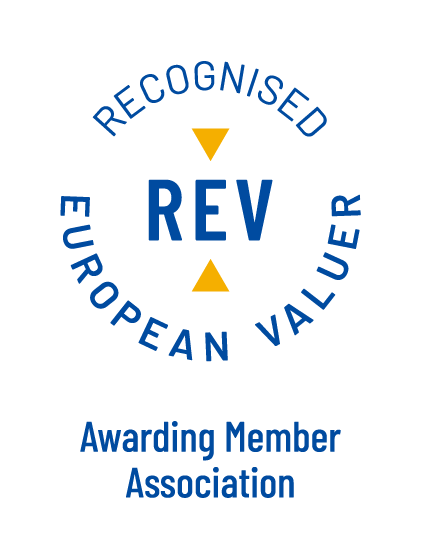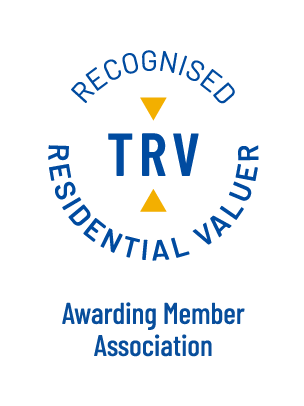Brief History and Role
History.
The notarial profession is organised on the basis of a structure set forth in the ordinance of 2 November 1945 and the decree of 19 December 1945.
The order of 2 November 1945 established institutional structures for the notarial profession and created the High Council for the Notarial Profession.
Since that time, the profession has grown considerably as a result, in particular, of the post war reconstruction of France, an effort in which notaires played a key role with regard to tax and legal matters.
The law changed at dizzying speed during this period. The government reformed most institutions or created new ones in many areas.
At the same time, town planning regulations underwent dozens of changes to specific points, while two new branches of the law developed, concerned respectively with the defence of consumers and protection of the environment.
In short, the law underwent more changes in less than half a century than it had in the previous one hundred and fifty years. At a considerable cost in technical and financial terms, the notarial profession managed to cope with and adapt to all this upheaval.
Role.
As the only professional body authorised to speak on behalf of all the notaires of France, the High Council for the Notarial Profession:
- represents the profession vis-à-vis the public authorities,
- determines its general policy,
- contributes to its development,
- provides services to the profession as a whole.
In its relations with the public authorities, the High Council contributes to the debate on changes in French law and gives its opinion on draft bills and proposed regulations.
Principal Activities
Notaries provide their services to the public everywhere on French territory. They contribute to the economic life of the country, as shown by the following statistical data:
As of 30 September 2003:
8,021 notaries, 6,033 of whom pursue their profession as partners in 2,487 sociétés civiles professionnelles (civil partnerships) (SCP) or sociétés d'exercice liberal (professional corporations) (SEL), and 1,988 of whom practice on an individual basis.
- 4,529 practices
- 45,639 employees
- 1,453 notaries are women
The average age is 49.
Notaries' business activity
Each year, notaires:
- receive 20 million clients,
- manage capital transactions worth a total of € 600 billion,
- draw up more than 3.8 million official deeds,
- have turnover of € 6.5 billion.
Breakdown of notarial activity based on turnover
* Real estate, construction, sales, leases: 50.1%
* Credit-related instruments: 10 %
* Family instruments, deeds of succession: 31.9%
* Real estate negotiation: 2.7%
* Company law, consulting, expert appraisal, estate planning: 5.3%
Mission
The notaires of a given territorial department (sometimes two or even three departments, in Paris and the inner suburbs) are grouped into companies.
Each company is represented by a Chamber whose members are elected from among the notaries of the department(s) in question.
The Chambers are consulted by the public authorities when new notaires are appointed; at least once a year, they have the accounting records and management of each notarial practice in the department(s) audited by duly authorised specialists.
Moreover, by the disciplinary power vested in them by law, they impose sanctions for breaches of the rules of professional conduct. The Chamber is the body that adjudicates disputes between clients and their notaries.
In accordance with the general principles of French law, notaries are liable for harm to their clients resulting from any error committed by them in the course of their duties. If the notarie's obligations were limited to the application of this principle alone, they would be no different from those incumbent on all citizens.
However, besides the fact that the courts apply the liability rules with greater severity when a professional is involved, notaires are bound by two other obligations:
- To insure the financial consequences of their activity with an insurance company known to be solvent;
- To be responsible, along with all other members of the profession, vis-à-vis all clients.
Although the obligation to carry civil liability insurance is in itself not an original concept, given that it also applies to other professionals engaged in various types of activities, the joint liability shared by all notaries constitutes a rule that does not exist in any other profession anywhere in the world, which makes it unique.
In order to cover all the risks that may result from notarial practice, the profession has set up:
- regional guarantee funds, funded by contributions from the notaries practicing in the particular region,
- a central guarantee fund, funded by contributions from all the notaries in France.
Thus, in the event a client is harmed by a notary in the course of the latter's professional duties, the financial impact of this harm is covered by:
- the company providing professional liability insurance,
- the regional guarantee fund, if applicable,
- the national guarantee fund, if applicable,
- as a last resort, if all other guarantees do not suffice, all the notaries of France, acting together.
Organisation
The High Council for the Notarial Profession is made up of notaries elected by the Regional Councils for a four-year term.
Its members appoint a Committee consisting of seven members who serve a two-year term.
General meetings, which are prepared by several specialised committees, are held several times a year.
In addition to these committees, the High Council for the Notarial Profession has the support of the following bodies:
- The Institut d'études juridiques (Institute of Legal Studies) (IEJ), founded in 1971 with a two-fold mission: first, to review all draft bills and proposed laws submitted to Parliament in collaboration with the government departments concerned, to suggest any changes or amendments, and to be involved in the drafting of regulations; second, to take any action that promotes development of the law.
- The development committee, which implements the development policy aimed at leading the notarial profession to play an active economic role in an ever-changing world.
Find a Notaire
The directory of French notaires contains approximately 8,000 practising notaries and more than 4,500 practices spread over all the territorial departments of France (including the overseas departments).
To find a notary, please click 'contact' link and simply fill in at least one field.
Publications
TEGOVA FRANCE translated the European Valuation Standards 2016 into French.
Other
The CSN is also member of the Council of the Notariats of the European Union (CNUE).
Find a REV or a TRV
- CSN has the right to award Recognised European Valuer status (designated by the letters REV) to its members.
- CSN has the right to award TEGoVA Residential Valuer status (designated by the letters TRV) to its members.

